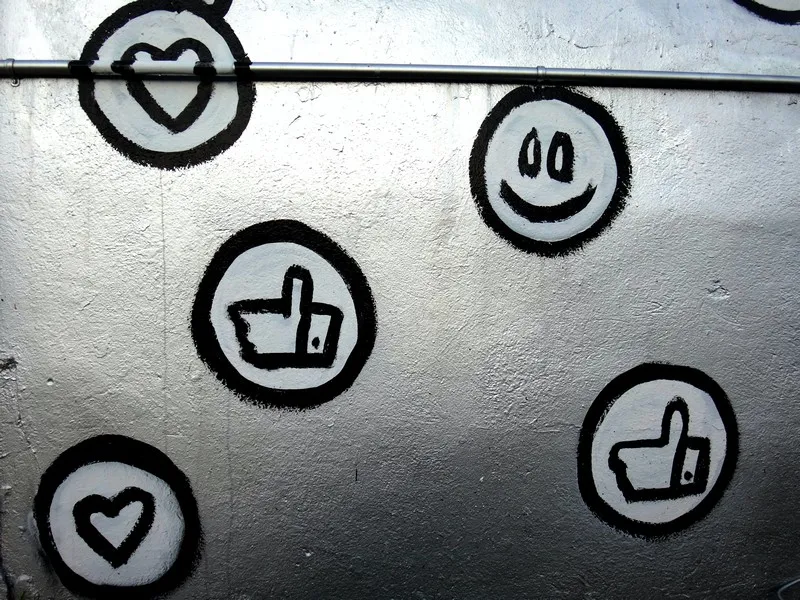Table of Contents
- Understanding Labelling Theory
- The Media as a Labelling Agent
- The Process of Moral Panics
- Media and the Reinforcement of Stereotypes
- The Media’s Role in Challenging Labels
- Conclusion
Labelling theory, a crucial concept in the field of sociology, offers a lens through which we can understand how individuals and groups are identified, categorized, and often stigmatized within society. Developed primarily by sociologists Howard Becker and Edwin Lemert in the mid-20th century, labelling theory explores the power dynamics involved in the assignment of labels, particularly those related to deviance and criminality. In the context of media, labelling theory becomes especially relevant as the media plays a significant role in shaping public perceptions and reinforcing societal norms. This article delves into the intricate relationship between labelling theory and the media, examining how the media contributes to the construction, reinforcement, and sometimes the challenge of social labels.
Understanding Labelling Theory
At its core, labelling theory posits that deviance is not an inherent quality of an act but rather a result of the social responses and labels attached to it. According to the theory, when individuals or groups are labelled as deviant or criminal, these labels influence how they are perceived by society and, in turn, how they perceive themselves. This process of labelling can lead to a self-fulfilling prophecy, where individuals internalize the label and act in accordance with it, thus reinforcing the deviant behavior that the label was meant to identify.
One of the foundational ideas of labelling theory is that societal reaction is crucial in the creation of deviance. What one society or group might label as deviant, another might view as normal or even commendable. This subjectivity in the application of labels underscores the power of those in authority—whether they be law enforcement, educators, or media institutions—to define what is considered deviant or criminal. The media, with its vast reach and influence, becomes a powerful tool in the dissemination of these labels.
The Media as a Labelling Agent
The media serves as a primary source of information for the public, shaping perceptions of social issues, including crime and deviance. Through news reports, television shows, movies, and even social media, the media has the power to highlight certain behaviors and individuals, labelling them in ways that can have lasting impacts. When the media labels a person or group as deviant, it often does so in a manner that reflects and reinforces existing societal biases and power structures.
For example, consider the portrayal of youth subcultures in the media. Groups such as punks, goths, or hip-hop communities are often depicted in a negative light, with media narratives focusing on their alleged deviance or criminal activities. These portrayals contribute to the creation of moral panics, where society becomes overly concerned about a perceived threat posed by these groups. The media’s emphasis on the deviant aspects of these subcultures can lead to their stigmatization and the reinforcement of negative stereotypes, which in turn affects how these groups are treated by society at large.
Moreover, the media’s role in labelling extends beyond merely identifying deviant behavior. It also involves the selective representation of certain individuals or groups while ignoring others. This selective labelling can perpetuate social inequalities, as marginalized groups are more likely to be labelled as deviant compared to those with greater social power. For instance, racial minorities are often disproportionately represented in crime-related news stories, reinforcing stereotypes of criminality associated with these groups. In contrast, white-collar crimes committed by individuals from more privileged backgrounds may receive less media attention, thus avoiding the deviant label.
The Process of Moral Panics
Moral panics provide a clear illustration of how the media’s labelling function can lead to widespread social consequences. A moral panic occurs when the media exaggerates or sensationalizes an issue, creating a heightened sense of fear and concern among the public. This fear is typically directed toward a particular group or behavior that is labelled as a threat to societal values and norms. The concept of moral panic was popularized by sociologist Stanley Cohen, who studied the media’s portrayal of youth subcultures in the 1960s.
The process of moral panic begins with the identification of a “folk devil”—a person or group that is blamed for societal problems. The media plays a crucial role in constructing these folk devils by focusing on their alleged deviance and presenting it as a significant threat. Through repeated coverage and sensationalist reporting, the media amplifies the perceived danger, leading to public outcry and demands for action. Authorities, responding to public pressure, may implement stricter laws or policies aimed at controlling the perceived threat, often resulting in further stigmatization and marginalization of the targeted group.
One of the most well-known examples of a moral panic is the media’s portrayal of drug use in the 1980s, particularly crack cocaine. The media labelled crack users, often racial minorities, as dangerous criminals responsible for a host of social ills. This portrayal contributed to the public’s fear and led to the implementation of harsh drug laws, such as mandatory minimum sentences, which disproportionately affected minority communities. The media’s role in labelling drug users as inherently deviant not only influenced public opinion but also shaped public policy in ways that had long-lasting social consequences.
Media and the Reinforcement of Stereotypes
Get the full article AD FREE. Join now for full access to all premium articles.
View Plans & Subscribe Already a member? Log in.





